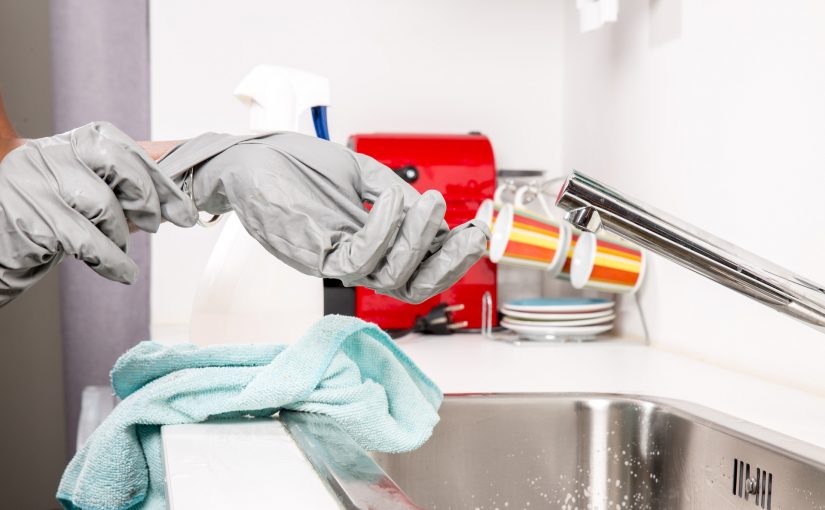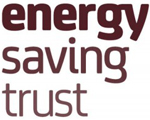
Legionella Tests In Reading
Posted in: News on December 11, 2017 by...
What is Legionella and Why Do I Need a Risk Assessment?
Legionella is a kind of bacteria that is waterborne. It causes Legionnaire’s disease, which is a pneumonia type of respiratory illness. Legionella will grow in suitable conditions where the temperature is favorable (20-45 degrees Celsius), and there is some of food like lime scale, biofilm, rust or sludge. Any building that offers accommodation needs legionella risk assessment. This includes private residences, hotels, and hostels. This is enforced by the Health and Safety Executive of the UK.
Who is at risk?
People at risk of contracting legionnaire’s disease are usually unsuspecting tenants, employees, and contractors. Those working on the humidifiers and water heating systems, and plumbing systems are at a higher risk of contracting this disease.
Water systems including eyebaths and face wash fountains, showers, spa/whirlpool baths, and sprinkler and hose reel systems need regular monitoring to ensure that there are no favorable conditions for legionella to grow.
Other equipment that risk legionella growth include non-disposable nebulizers used for respiratory therapy, irrigation systems, fire, dust and odor-suppression systems, paint spray preparation equipment and tunnel pasteurizers. This equipment will usually have ambient temperature that are favorable for these bacteria.
Other industrial and commercial water systems that are at risk of harboring this bacteria include horticultural misting systems, vehicle washers, fountains and decorative water features, industrial effluent treatment plants and powered dental equipment are also subject to this requirement.
Why is legionella risk assessment required?
HSE laws require that a landlord has the duty to provide a safe environment for any person working or residing in a building. A landlord in this respect stands for private landlords, housing cooperatives, local authorities, housing associations, leasing or letting premises like hotels and hostels.
The law requires that the landlord take this responsibility, or appoint a qualified person with the experience to conduct a legionella risk assessment.
How is it done?
If you are doing a legionella test in Reading or any other place in the UK, there is a standard way of doing it. The person conducting the test must look at the core operations of all the water systems on the premises. The test must look at the existing operational methodology including commissioning, period of operation, maintenance and management of each component of the systems.
When should it be done?
This assessment should be done every 2 years, and when the following circumstances change:
• When there are changes to the water plant or system
• When the building is changing use
• When there is new information on risk control measures
• When monitoring shows that existing controls are no longer effective.








